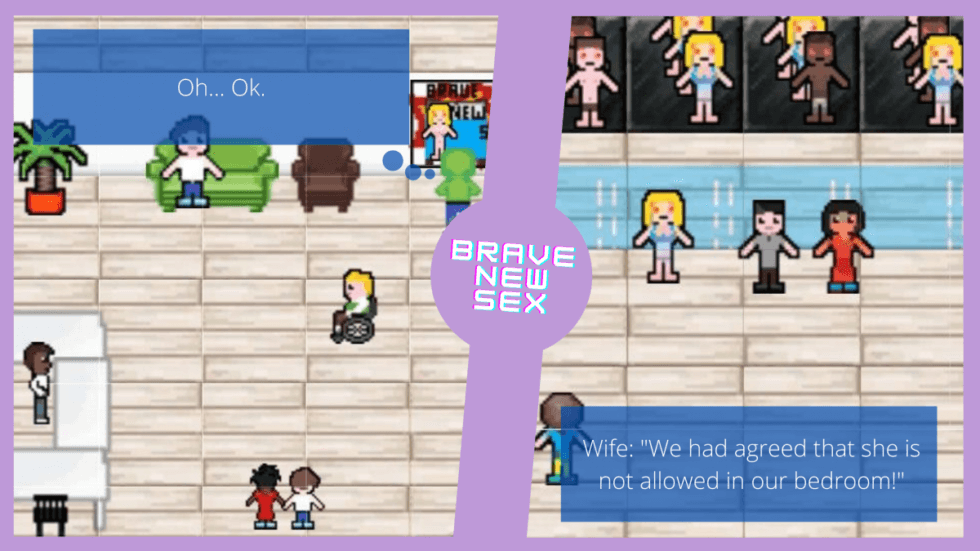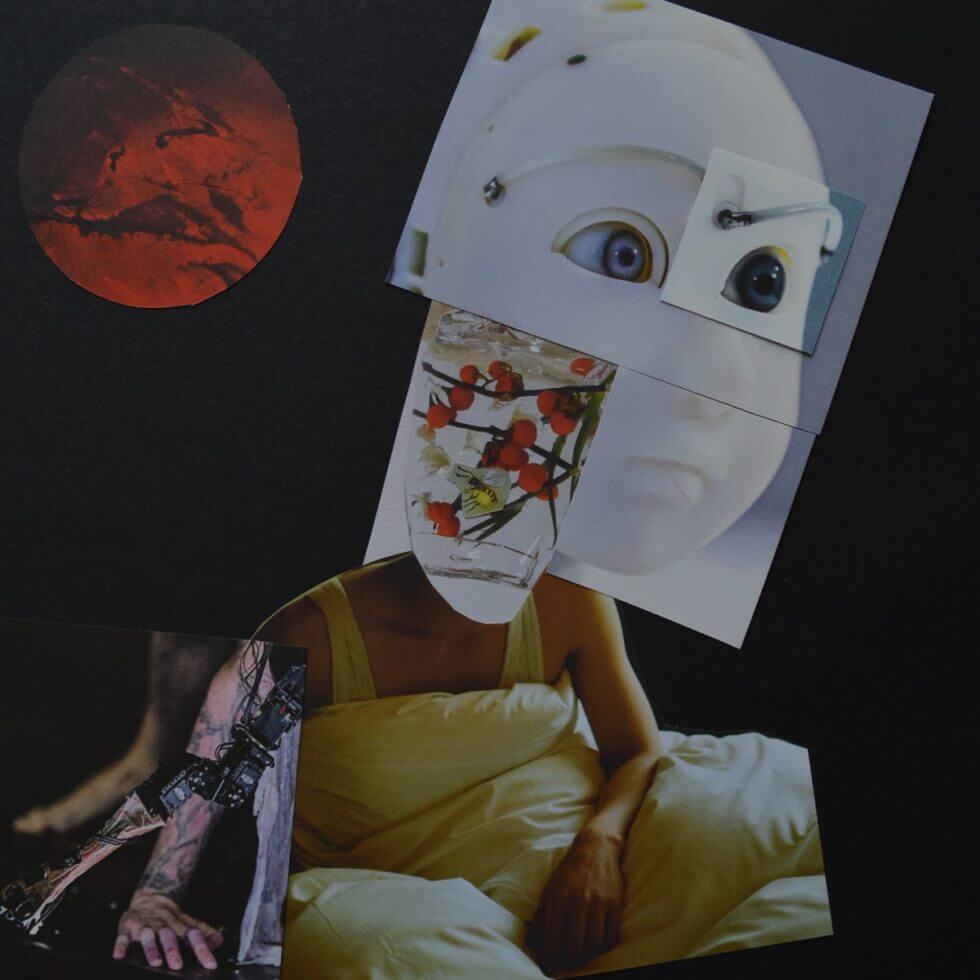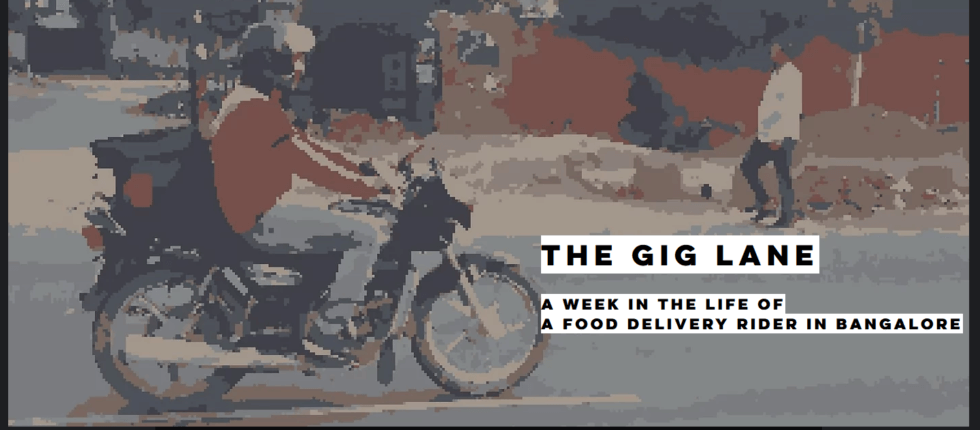
Algorithm inventarium method-athon
Enric Senabre (Austrian Academy of Sciences); Eveline Wandl-Vogt (Austrian Academy of Sciences / Ars Electronica k4h); Matthew Battles (metaLAB (at) Harvard)
How can society's awareness and resilience around the operation and impact of algorithms be collaboratively expanded? From a cultural but also transdisciplinary perspective, there‘s still a general lack of knowledge about how algorithms surround us and determine everyday life in many areas, invisibly and secretly operating through our progressively digitized contexts. Although algorithms increasingly determine citizen‘s lives, as well as opportunities for innovation in cities, their usual articulation for progress and efficiency can present great bias, errors and counter effects.
E
lauren Keeler, SFIS – Arizona State University; Sean McAllister, SFIS – Arizona State University; Joshua Loughman, SFIS – Arizona State University; Steven Weiner, SFIS – Arizona State University; JP Nelson, SFIS – Arizona State University; Jan Cordero, SFIS – Arizona State University; Elma Hajric, SFIS – Arizona State University; Martin Andrés Perez Comisso, SFIS – Arizona State University
Emoji are a set of Unicode visual elements developed in Japan in 1999 and in the 2010s are an icon of digital communication. Appropriated by digital services companies such as Google, Facebook, Twitter, and Apple, they allow a nuanced, contextual, and flexible communication beyond that of plain text. The application of emoji as semiotic and playful artifacts extends beyond the digital realm to analog environments, through visual icons in forms of books, posters and other media.

Maximilian Reiner, Technische Universität München; Maximilian Braun, Technische Universität München; Matthias Gabriel, Technische Universität München; Clara Valdés-Stauber, Technische Universität München; Xinghan Liu, Technische Universität München; Sarah Eidam, Technische Universität München
As a group of STS students we have created a video game based on the emerging theme of sex robots. Our motivation is that games offer virtual and interactive spaces where moral awareness can be raised through the storytelling and the players‘ decision making. This makes a game an appropriate place to embed ethical and sociological perspectives. Adopting robotics for sexual interaction as a case study builds on an emerging social controversy that skirts the notion of sexuality: e.g. the human and non-human boundary, dehumanization and legalization. Employing the method of research-creation, this project proposes responsible storytelling through video games as an STS practice.

Andrea Ford, The University of Edinburgh; Giulia de Togni, University of Edinburgh; Sonja Erikainen, University of Edinburgh
As hyper-realistic social robots are being produced, the distinction between humans and machines may soon become imperceptible. Comfort levels with human-like robots vary greatly depending on location. For instance, in Japan - the world leader in the production of social assistive robots - the levels of acceptability seem higher than in Europe, with rising demand for robots that could potentially help in nursing care. Why is the development of human-like emotions in robots unsettling for many? Why are some people worried about machines becoming just like us?
Soundchain - Blockchain Music
Pedro Jacobetty, The University of Edinburgh
The Soundchain music generator monitors online discourse about blockchain technology in real-time using the Twitter streaming API (filtered by the hashtag #blockchain). Tweets are interpreted in real-time by the previously trained topic model.
The Atlas of Research on Research: tracing how ideas, priorities and practices move
Helen Woods, University of Sheffield; James Wilsdon, University of Sheffield, Research on Research Institute (RoRI); Sarah de Rijcke, Centre for Science and Technology Studies (CWTS); Ludo Waltman, Centre for Science and Technology Studies (CWTS); Thomas Franssen, Centre for Science & Technology Studies (CWTS), Leiden University; Ismael Rafols, Centre for Science & Technology Studies (CWTS), Leiden University; Vincent Traag, Centre for Science and Technology Studies (CWTS)
Worldwide, interest is intensifying in how research is governed, and in how research systems can be made more open, inclusive and impactful. But diverse forms of "research on research are obviously nothing new. Rich seams of theoretical and empirical work from STS, innovation studies, and other disciplines inform these debates. More recently, heightened concern over the quality and reproducibility of research have prompted newer waves of work across the biomedical and behavioral sciences - often driven by researchers trying to address problems in their own fields.

Pradyumna Taduri; Janaki Srinivasan, International Institute of Information Technology – Bangalore
This session will use an interactive simulation to present research findings based on a 2019-2020 study of the experiences of platform workers (Fairwork India 2019; Taduri 2019) and allows users to comprehend first hand, life as a worker in platform capitalism. Through the simulation, users will enter the gritty world of a delivery rider in the most congested city in the world, Bangalore, India. They must help the rider navigate life in the gig lane by experiencing a text-based simulation about working delivery jobs in the platform economy.
